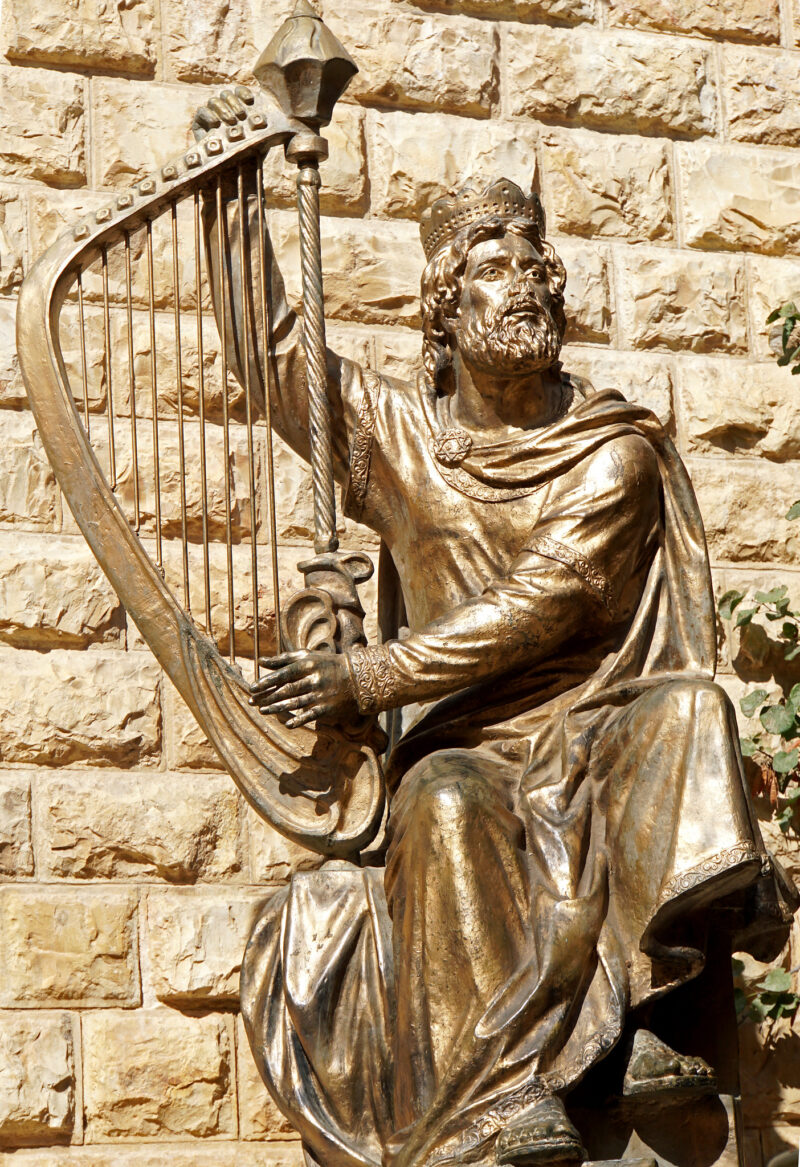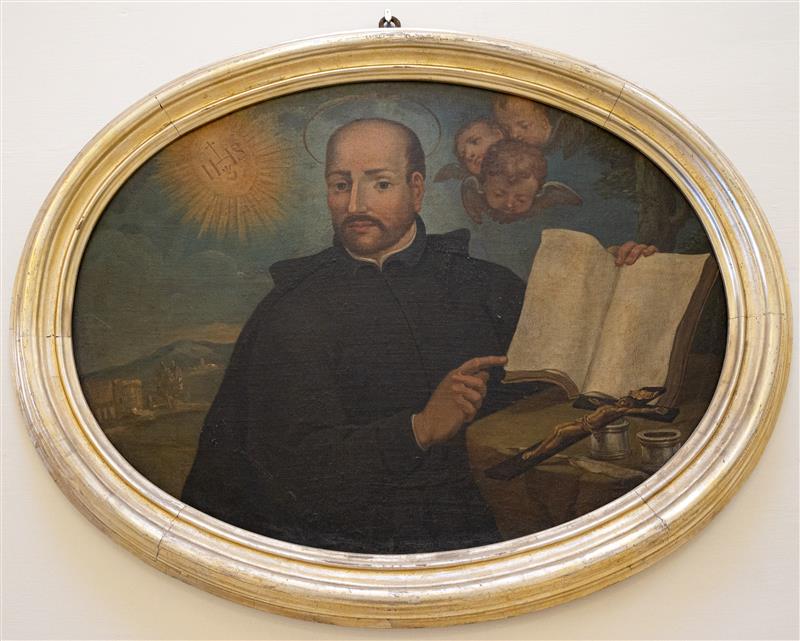This half-day course is tailored for young lectors between the age of 8 and 16, offering an engaging and age-appropriate introduction to their role within the Church. Participants will explore the fundamentals of Scripture and liturgy, while also developing the practical skills needed to proclaim the Word of God with confidence during Mass and other liturgical celebrations.
The sessions are designed to be interactive and formative, nurturing both faith and a sense of responsibility in young participants.
Children between the age of 8 and 16 involved in the Ministry of the Word at Iklin Parish
The course will be delivered through a single in-person seminar, as detailed below.
| Date | Session | Venue |
| Tuesday 1st July 2025 from 1:30pm – 6:00pm | Half-day seminar | Iklin Parish Centre |
This course has one exit certificate option:
1. Certificate of Attendance
The student will receive a Certificate of Attendance when attending in-person seminar.
Language: Applicants must be proficient in both Maltese and English.
Digital: Applicants must be able to access the internet and use office suites.













